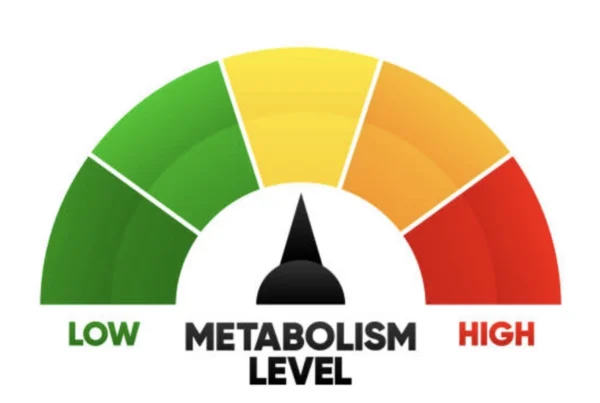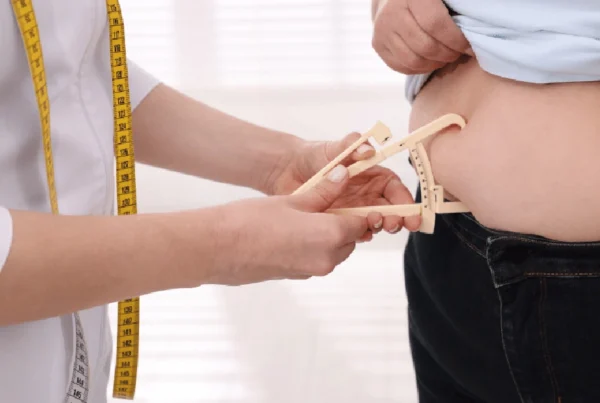As a society, many of us are taught to be extremely self-critical.
There’s a voice we have in our heads that is always telling us that we are not good enough, clever enough, fit enough, etc. etc. but in truth, we are all perfect just as we are and we need to learn to love who and what we are. We need to befriend and learn to love our shadow selves, which quite often means that we need to learn to love what we consider to be our ugliness. One of the beautiful consequences of doing this work as part of our individual healing journeys in this lifetime is that as we learn to embrace all that we are, we become more tolerant of others and in turn, we learn to love the shadows of those around us as well as our own shadow.
So, what exactly do I mean when I speak of the shadow self we all have?
The shadow self refers to the personality traits, emotions and thoughts that we find difficult to accept. They are often the unconscious parts of the personality that our conscious ego doesn’t want to identify itself with, according to the work of Carl Jung. It’s the version of ourselves that we don’t want society to see and through the journey of our lives we often come across certain parts of ourselves that are difficult to accept. However, it’s not all doom and gloom because when we recognise and face our shadow, we can become more whole and more balanced. For example, if we fully accept our sadness, we increase our capacity to feel joy. When we are able to see the darkness in a situation, there comes an awareness that there is no shadow without light.
What happens when we suppress our shadow self?
When we suppress or deny our shadow self it does not disappear; rather, it is more likely to grow in power, wanting to be noticed and desiring to be integrated into the wholeness of ourselves. If left unaddressed and unacknowledged, in time it can erupt like a volcano and thereby cause us more discomfort, particularly as these eruptions usually happen at the most unexpected and inopportune moments. As we learn to feel our feelings, as we learn to lean into them, we learn to understand them and this can help us to grow. Suppressing the shadow self can prevent us from reaching our full potential in life. The more we suppress our feelings and negative emotions, the greater the power they have over us. The squashed shadow can then assert itself in different ways, such as through mental health issues, illness, anxiety, addictions and low self-esteem.
Exploring our shadow self
Exploring our shadow self brings acceptance and understanding, giving us the opportunity to flourish and expand into our fullest selves. This in turn can lead to a happier, healthier way of being, ultimately leading to living a more fulfilled life. Self-reflection and a willingness to go within are wonderful ways to work with the shadow, but we often need assistance and both healing and meditation are wonderful tools to support this deep inner work. In this work we learn to identify our triggers, to look for recurring themes and we begin to understand why we behave the way we do so that we can learn to correct these behaviors in wonderful and healthy ways, and as we release old patterns we release old pains, hurts and niggles in the body.
Words by Pippa Neve – Intuitive Healer & Meditation Guide
Pippa Neve is an accredited natural healer who works in this space: https://pippaneve.com
Experienced and highly intuitive, Pippa has a true affinity in understanding emotions and is passionate about the physical, emotional and mental wellbeing of her clients. Originally from the UK, Pippa now runs a thriving healing practice in Sydney’s inner west. She also works with international clients online via Zoom or via distant healing, many of whom have followed Pippa from her previous practice in the UK. Pippa also worked as a healer at Paul’s Cancer Support Centre in London, working with cancer patients and their families to provide much needed emotional and spiritual support.








